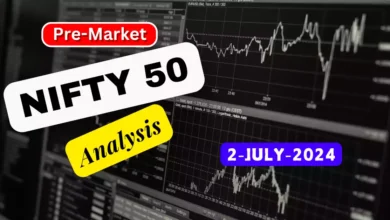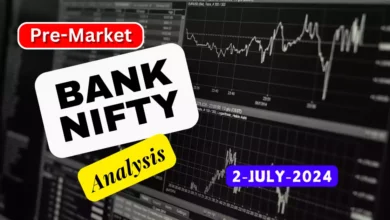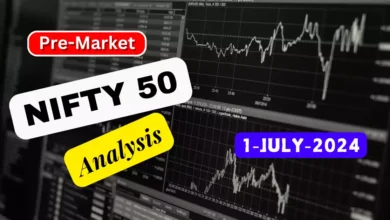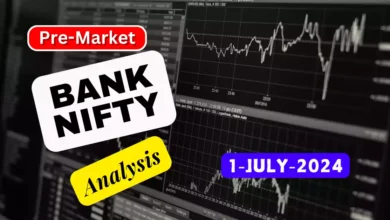How to set up an EV charging hub business in India 2022?
Types, Investment, and Start-Up Requirements for EV Charging Hub Business

EV charging hub in India – Electric vehicles, which were recently launched, are fast revolutionizing the commercial landscape in India, with limitless and long-term business potential.
Because of India’s extremely polluted atmosphere, electric vehicles are widely promoted and gaining in popularity, with EVs being produced by a diverse spectrum of automakers. Tata, Mahindra, and Hyundai are a few well-known examples.
Nevertheless, the unusually low number of electric charging stations is one of the things preventing EV development. In the upcoming years, charging stations will grow and dominate the global market. An instruction manual for setting up an EV charging hub in India is provided here.
Eligibility, documents, certifications, and applications for MSME registration
How does the EV charging process work?
Electric vehicle (EV) chargers use connectors or plugs to transfer power to the car from the grid. An electric car stores the electricity in a sizable battery pack, which powers its electric motor.
To refuel an EV, its connector is connected to the electric vehicle intake, which functions like the petrol tank in a conventional vehicle.

Different kinds of electric charging hubs
CONTROL or TRICKLE CHARGING
Using a regular 220V socket at home to charge your EV is the most time-consuming option. Only in exceptional circumstances and after speaking with electrical providers is it advised.
AC CHARGING
You can charge 3–4 times more quickly by utilizing AC Household Charging with a wall box installed. There is also AC Public Charging.
Saudi Arabia to witness its 1st e-vehicle in 2025
DC CHARGING
The quickest place to charge your EV is at a public DC fast charging hub with a power rating of 50kW or greater. Your battery may be fully charged using this approach from 20% to 80% in around 40 minutes. Additionally, ultra-fast charging hubs exist with more than 150kW of capacity.
Area needed
A charging station’s location is very important. The amount of space needed depends on the site’s viability, the quantity of charging piles, the kind of EVs that will be charged, and other activities taking place there.
In this way, the location should be carefully selected. The space needed for car parking and movement is more significant than the 10 square feet needed for the charging equipment itself. The bare minimum space would be 100 square feet.

Required investment
Documentation Required for GST Registration and Online Registration Process
In India, the price to build an EV charging hub varies from Rs. 1 lakh to Rs. 40 lakhs, depending on the chargers chosen and the level of investment committed.
Marketing
The most successful tactic is online marketing, which you may use on social media or other digital channels.
Electricity
50KW of electricity is needed for a charging station to be functional.
The business needs a license.
This business has a substantial advantage in terms of licensing. A license is not necessary. According to the Ministry of Power, no permit is necessary for the construction of charging hubs in India.
How to set up an EV charging hub business
You can either take a company’s franchise to get started, or you can start your own EV charging hub by submitting a direct application to India’s Ministry of Power Department.
FAQ
- What is mean EV Charging Stations?
EV charging hub in India – Electric vehicles, which were recently launched, are fast revolutionizing the commercial landscape in India, with limitless and long-term business potential.
- How to set up an EV charging station in India?
You can either take a company’s franchise to get started, or you can start your own EV charging hub by submitting a direct application to India’s Ministry of Power Department.
- Does EV Charging Hub Needs a License?
This business has a substantial advantage in terms of licensing. A license is not necessary. According to the Ministry of Power, no permit is necessary for the construction of charging hubs in India.



